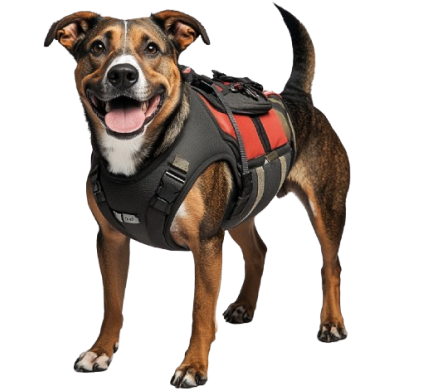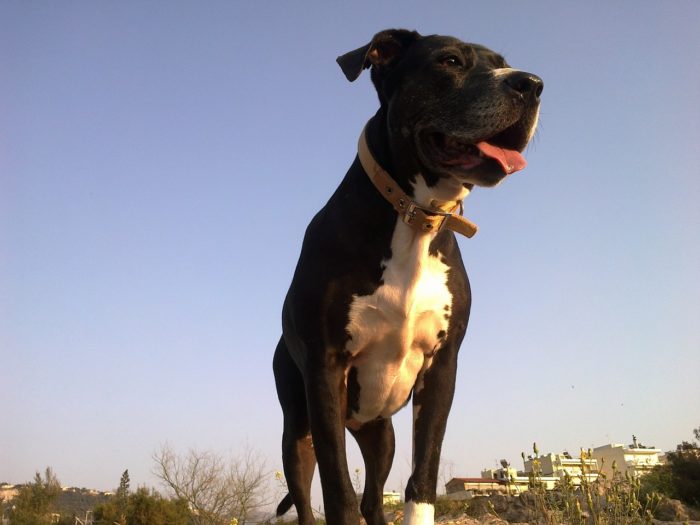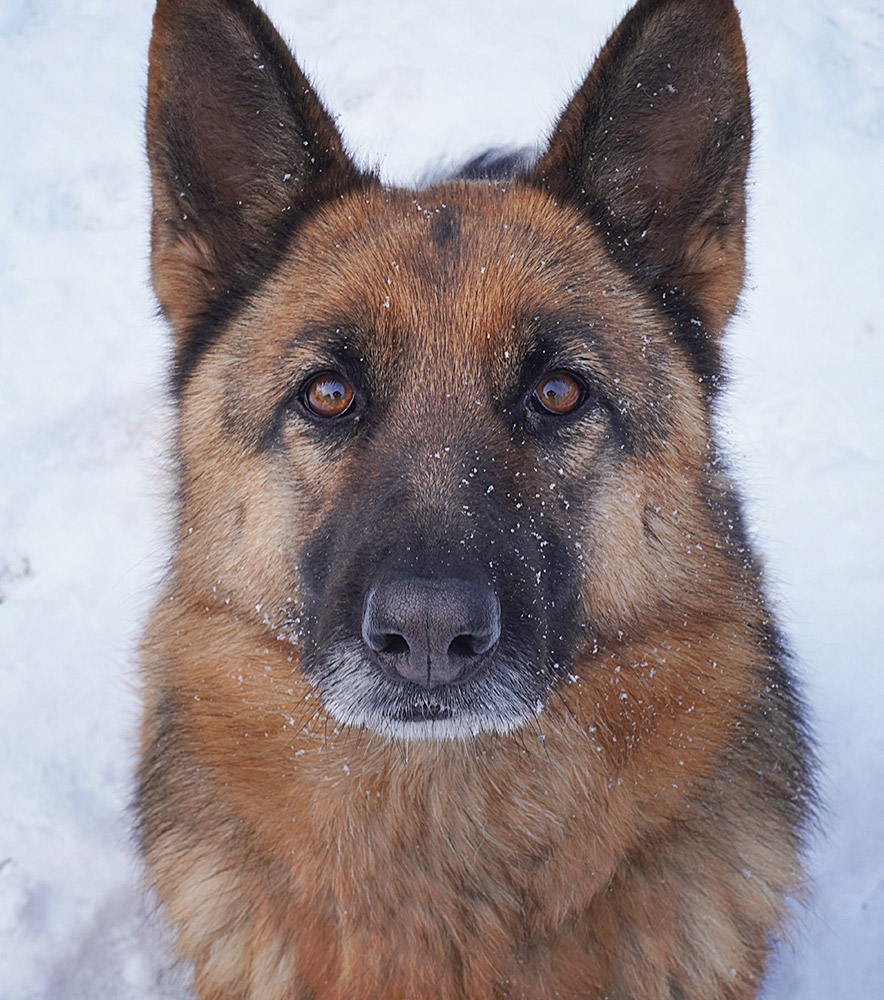All Our Articles on Breeds
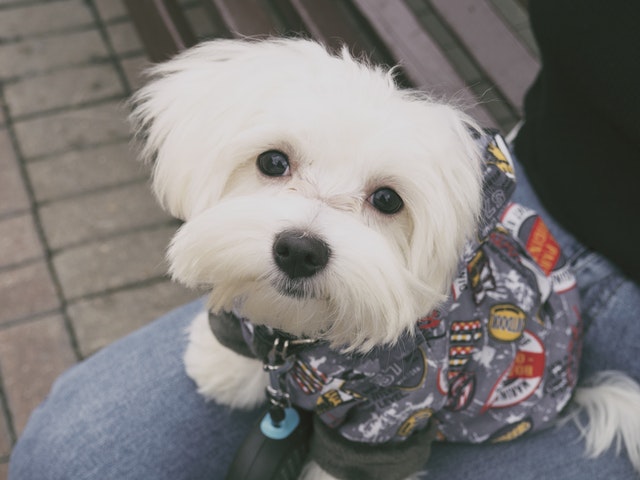
Can a Maltese Be a Service Dog?
Who can resist the snow white coat, dancing eyes, and spunky nature of the Maltese? This cute, spritely little pooch excels at many things like... Read more
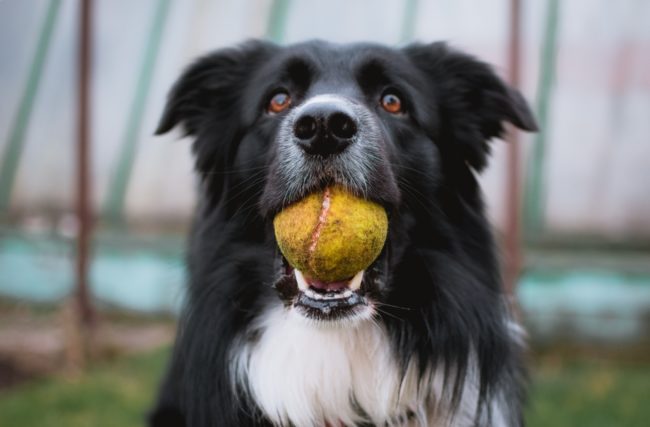
Do Border Collies Make Good Service Dogs?
When choosing a service dog, whether it be for physical or psychiatric disability, it has to be "need over breed." Let's face it, you may... Read more
